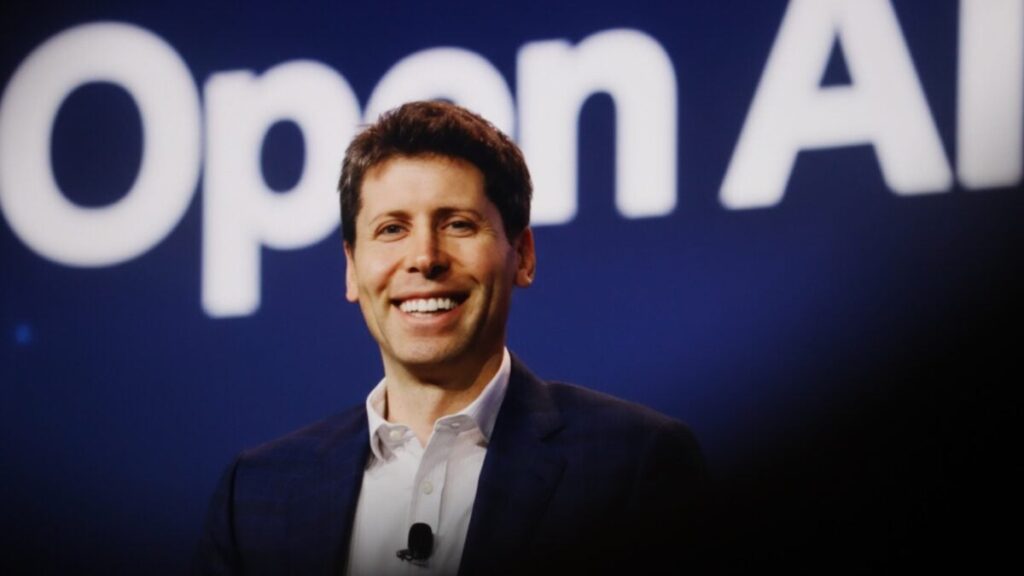Educators across the country have expressed concern about how AI will impact the classroom, encouraging kids to vibe their way to passing grades instead of actually learning. So OpenAI has decided to fight fire with fire and give educators access to ChatGPT for Teachers. Finally, teachers can have their chatbot grade the work of their students’ chatbots. Problem solved.
According to the company, ChatGPT for Teachers is designed to help educators prepare materials for their classes, and it will support Family Educational Rights and Privacy Act (FERPA) requirements so that teachers and school staff can securely work with student data within the workspace. The company says the suite of tools for teachers will be available for free through June 2027, which is probably the point at which OpenAI will need to show that it can actually generate revenue and stick its hand out to demand payment from teachers who have become reliant on the suite of tools.
ChatGPT for Teachers is specifically designed for educators working with students in K-12. OpenAI has a similar but slightly different plan to get colleges hooked on ChatGPT, which it calls ChatGPT Edu. Many colleges across the country have signed up for that program and integrated the chatbot into part of the campus experience.
It’s clear that schools have become a battleground for AI companies who desperately want to get their product ingrained into as many institutions as possible—likely, in part, because they are rich sources of unique data that can be used to train models, and because many of them have massive budgets and rarely ditch a service once they commit to it. Elon Musk’s xAI offered free access to its chatbot Grok to students during exam season, and Google is offering Gemini AI to students for free through the end of next year’s academic calendar.
Whether the presence of the chatbots in these spaces really serves anyone but the company that makes the product is unknown at this point. Teachers are already having problems getting kids to engage with the work in front of them. The country has fallen way behind in math scores—so far, in fact, that UC San Diego launched a remedial course because many of its incoming students couldn’t do middle school-level math. And some students are leaning into LLMs to complete coursework without learning the material for themselves.
There is already mounting evidence that relying on AI can erode critical thinking skills, which is something you’d like kids to be engaging in, at least during school hours. Other studies have shown that people “offload” the more difficult cognitive work and rely on AI as a shortcut when it’s available, ultimately harming their ability to do that work when they don’t have the tool to lean on. So what could go wrong giving those tools to both students and teachers? Seems like we’re going to find out.

